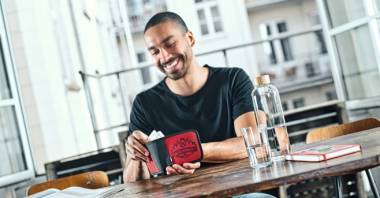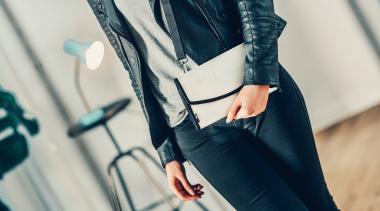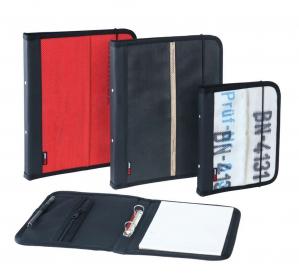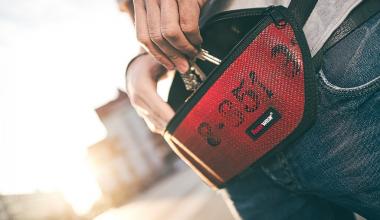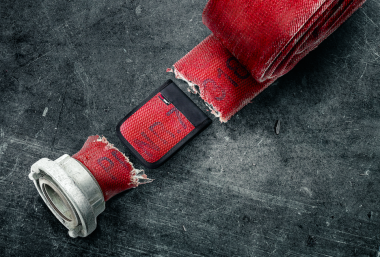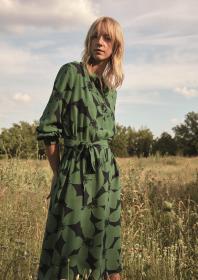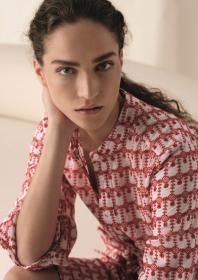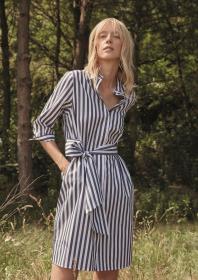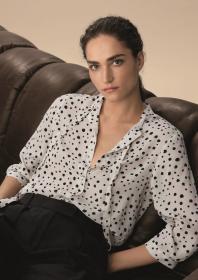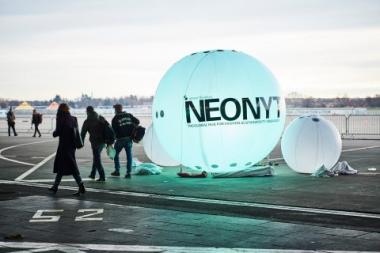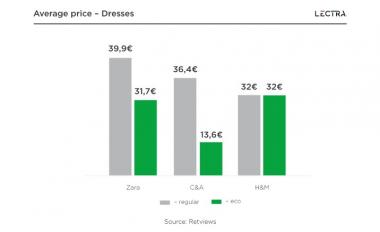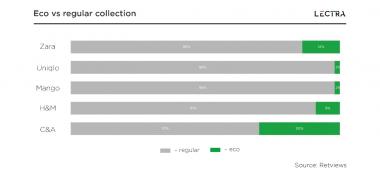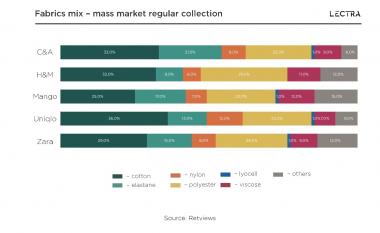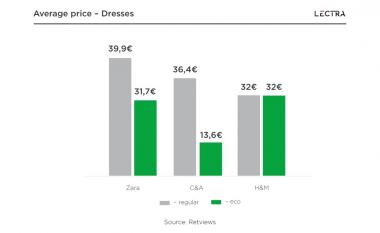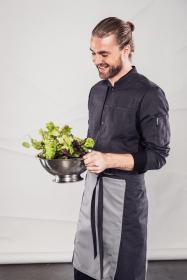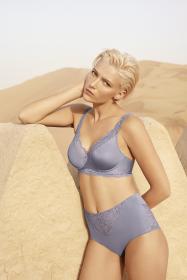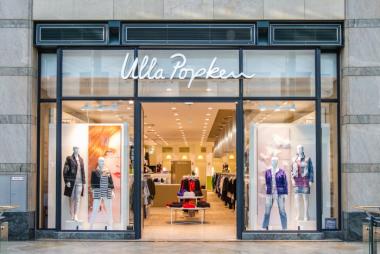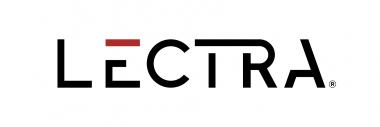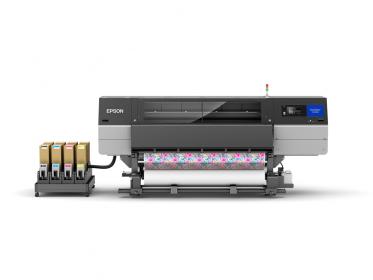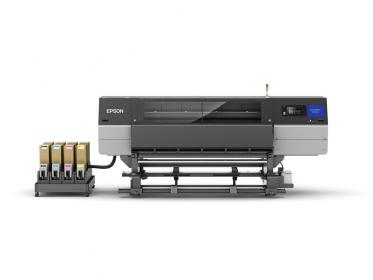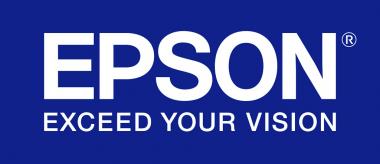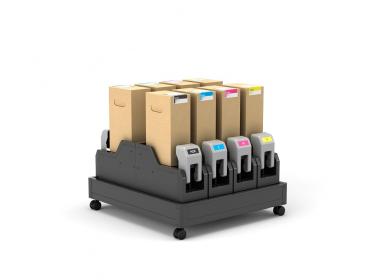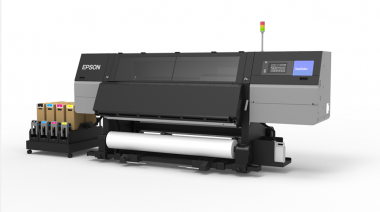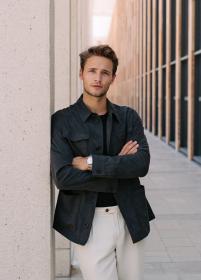Feuerwear zum Anfassen
- Die beliebten Taschen, Rucksäcke und Accessoires aus gebrauchtem Feuerwehrschlauch sind auch bei zahlreichen Händlern erhältlich
Die einzigartigen Modelle des Kölner Kult-Labels Feuerwear bringen kreative Individualisten, Nachhaltigkeitsbewusste und Feuerwehrfans schon seit 15 Jahren sicher, praktisch und stylisch durch die Einsätze des Alltags. Alle Produkte werden aus gebrauchtem Feuerwehrschlauch hergestellt – jedes ein Unikat mit Charakter. Das umfangreiche Sortiment umfasst vielseitige Taschen, Rucksäcke, Gürtel, Portemonnaies, Handyhüllen, Kultur- und Sortierbeutel sowie Schreib- und Federmappen. Das kann sich sehen lassen! Für alle, die sich nicht nur ein Bild der Produkte über den Webshop, sondern hautnah im Einzelhandel machen möchten: Kein Problem. Mit der „Händlersuche“-Funktion lässt sich schnell das nächste Ladengeschäft finden, das Feuerwear-Produkte anbietet.
Jederzeit einsatzbereit, modern und umweltbewusst: Die individuellen Umhängetaschen und Rucksäcke von Feuerwear bieten viel Platz, Schutz und setzen ein Zeichen für Nachhaltigkeit. Schließlich bestehen sie aus gebrauchtem Feuerwehrschlauch, der sonst als Abfall die Umwelt belasten würde. Die Einsätze der Feuerwehren haben auf jedem Schlauch eigene Spuren hinterlassen. Hinzu kommen Aufdrucke von Prüfnummern, DIN-Normen und Schlauchlängen – so wird jedes Modell zum exklusiven Unikat mit einer eigenen Geschichte. Durch das Upcycling wird der Lebenszyklus des robusten Materials also verlängert.
Charmant und äußerst flexibel für jeden Einsatz gerüstet, präsentiert sich das Sortiment von Feuerwear wie ein Löschzug der amerikanischen Feuerwehr: Mit Phil als Handtasche, Scott Gordon als Messenger-Bags, Henry als Kulturbeutel und Eric, Elvis sowie Elliot als diverse Rucksacktypen. Einmal das besondere Material anfassen, den Tragekomfort testen und schauen, ob Farbe und Form zu einem passen? – Dafür ist der Gang zum lokalen Händler doch immer zu empfehlen.
Vivien Gollnick Profil Marketing OHG






